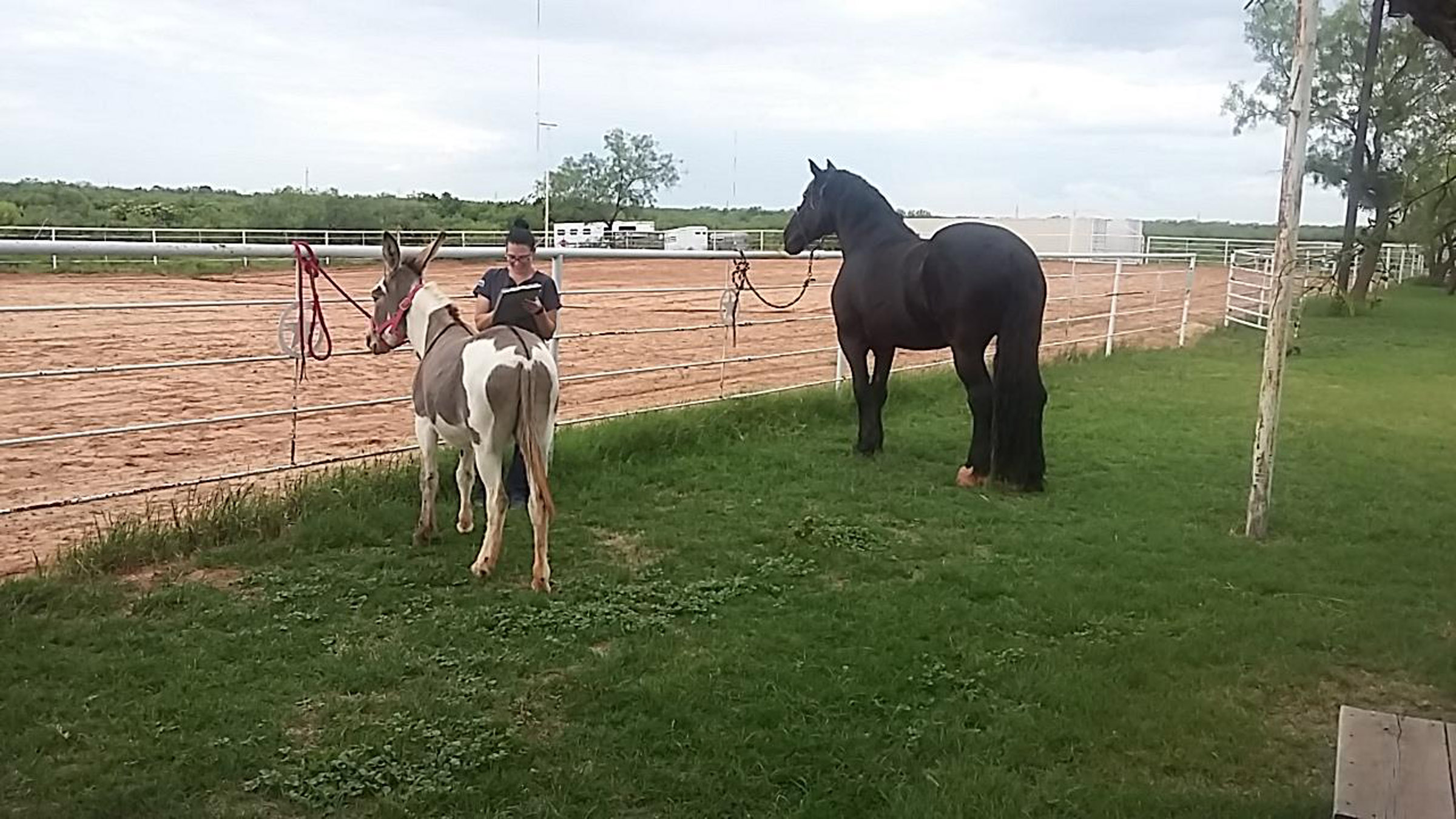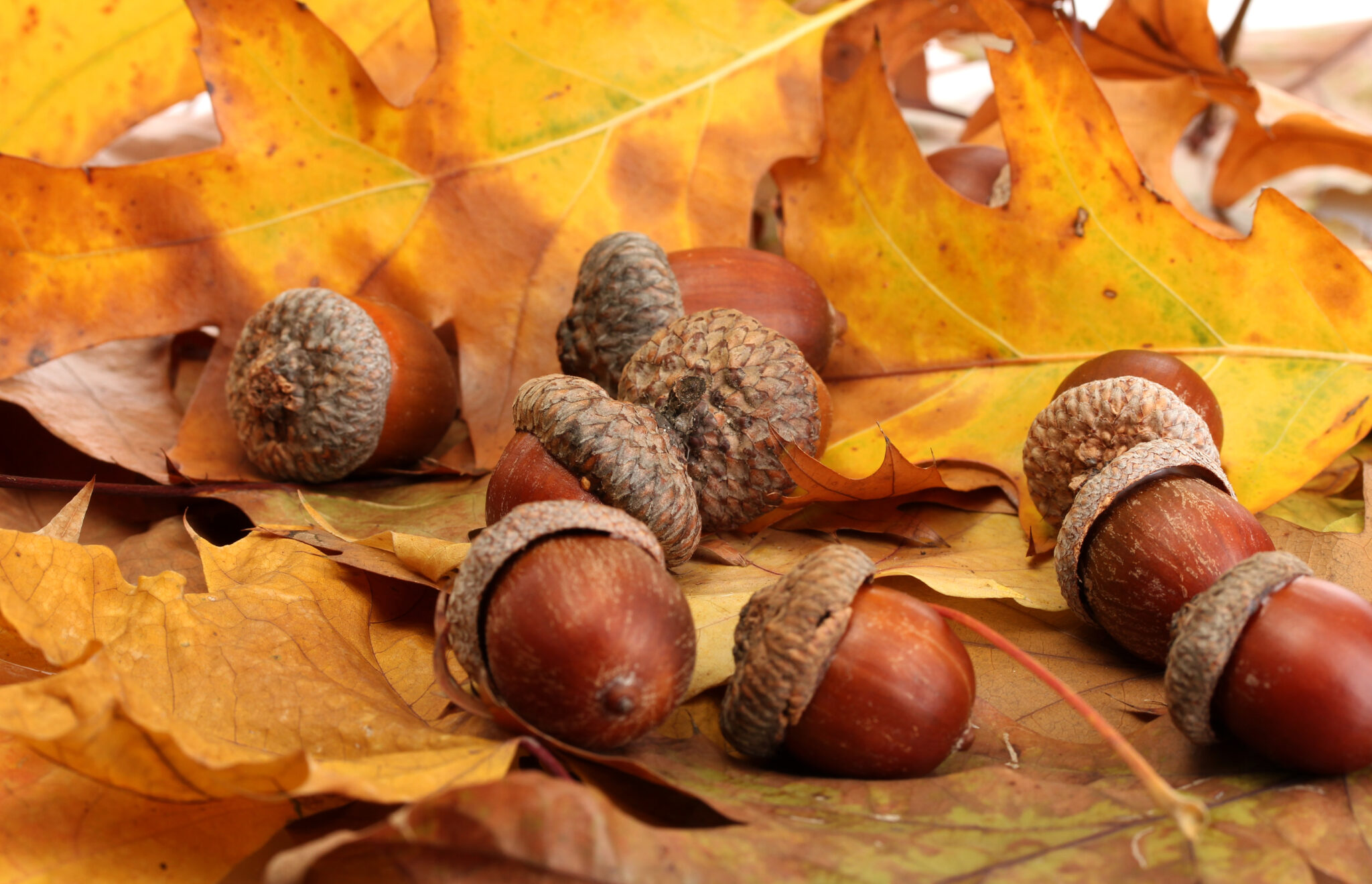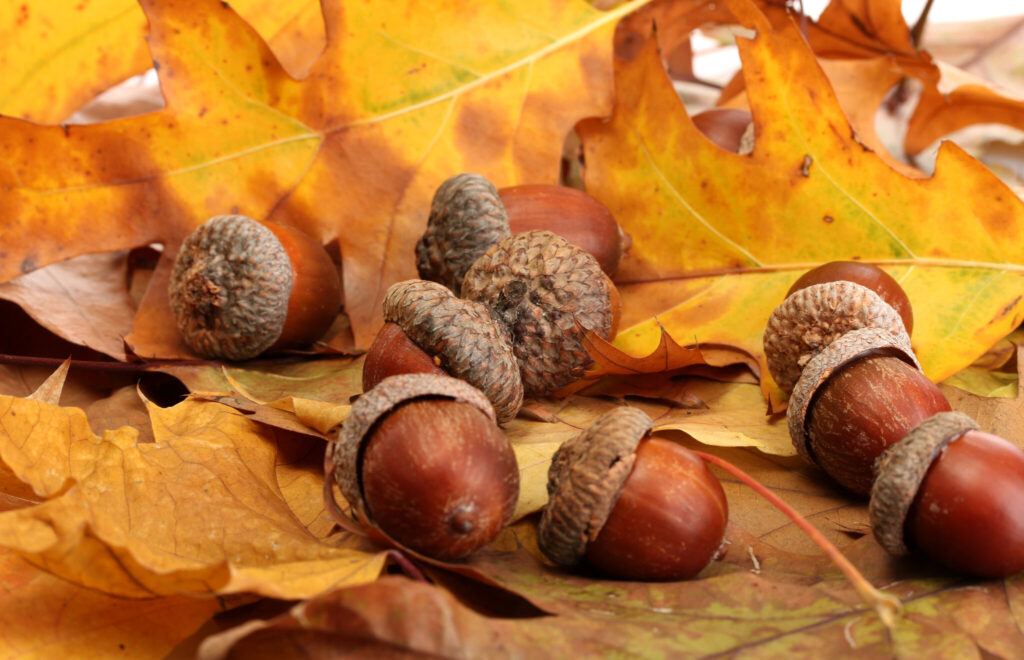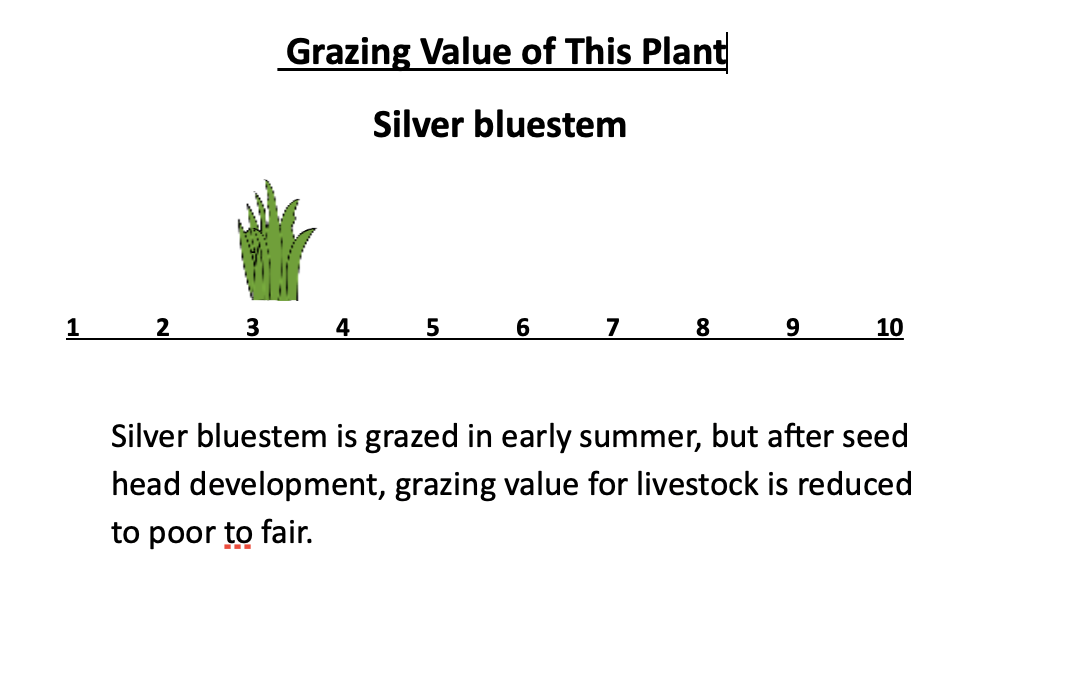Farm & Ranch
Have Coggins? Will travel.

By Jessica Crabtree and Dr. Jered Harlan
What does it mean to have a Coggins?
When stating, “I need a Coggins,” you are actually testing for equine infectious anemia (EIA).
Why is it so important to have a Coggins?
Equine infectious anemia is a viral disease affecting horses and their relatives in the Equidae family including mules, donkeys and zebras. Transmission via blood occurs either by biting insects such as horse flies and deer flies or contaminated objects such as needles.
Can it affect me or any of my other animals?
No. It does not affect other ranch animals or people.
Must I have a Coggins test done?
Yes. Equine Infectious Anemia is a viral disease. There is no vaccine and no cure for it. The majority of horses succumb rapidly to EIA although a percentage of infected horses appear to recover. However, they still harbor the virus and during times of stress may become ill again. It is because of these healthy appearing carriers that we test horses. It insures that we do not put their pasture mates at risk.
How is the disease transmitted?
Researchers have found the disease is spread through horseflies, with large horseflies being the main culprit. When a horsefly bites an infected horse, then bites a healthy horse, the disease has been transmitted and the healthy horse compromised.
For one horse to infect another, they must be relatively close because the virus does not live long in the horse fly. The virus in a horsefly only lasts 15 to 30 minutes. This disease can occur anywhere horseflies inhabit.
To read more pick up a copy of the July 2017 NTFR issue. To subscribe call 940-872-5922.
Farm & Ranch
Acorn Toxicity

By Barry Whitworth, DVM, MPH
With the prolonged drought, most pastures in Oklahoma end up in poor condition. With the lack of available forage, animals may go in search of alternative foods.
If oak trees are in the pastures, acorns may be a favorite meal for some livestock in the fall. This may result in oak poisoning.
Oak leaves, twigs, buds, and acorns may be toxic to some animals when consumed.
To read more, pick up a copy of the November edition of North Texas Farm & Ranch magazine, available digitally and in print. To subscribe by mail, call 940-872-5922.

Farm & Ranch
Silver Bluestems

By: Tony Dean
There are a handful of grasses on North Texas grazing lands ranchers need to know, not because they are highly desirable, but rather because they are not of much value. I call them “decom” plants, which is am acronym for “Don’t Ever Count On Me.” Silver bluestem is a “decom” grass.
Silver bluestem is a perennial which grows in all areas of Texas. It can survive in almost all soil types, and in full sun conditions or in semi shade. It grows up to three feet tall and is easily recognized with the presence of the white fuzzy seed head. Also, one of the identifying characteristics of Silver bluestem is a bend in the stems at each node, causing the plants to take on a rounded shape as they mature.
To read more, pick up a copy of the November edition of North Texas Farm & Ranch magazine, available digitally and in print. To subscribe by mail, call 940-872-5922.

Farm & Ranch
Meanwhile Back At The Ranch

By: Rayford Pullen
Fall is here which means winter is closing in on us and before we officially get into winter, we need to make sure our factories are either producing or will be producing in a few months.
We have been pregnancy testing our cows this fall and if they are not bred or nursing a calf, we are bidding them adios. With annual costs somewhere between $900.00 and $1,000.00 per cow, those cows not producing a live weaned calf are costing us quite a bit.
To read more, pick up a copy of the November edition of North Texas Farm & Ranch magazine, available digitally and in print. To subscribe by mail, call 940-872-5922.
-

 Country Lifestyles2 years ago
Country Lifestyles2 years agoScott & Stacey Schumacher: A Growth Mindset
-

 Country Lifestyles8 years ago
Country Lifestyles8 years agoStyle Your Profile – What your style cowboy hat says about you and new trends in 2017
-

 HOME8 years ago
HOME8 years agoGrazing North Texas – Wilman Lovegrass
-

 Equine1 year ago
Equine1 year agoThe Will to Win
-

 Country Lifestyles5 years ago
Country Lifestyles5 years agoAmber Crawford, Breakaway Roper
-

 Outdoor9 years ago
Outdoor9 years agoButtercup or Primrose?
-

 Country Lifestyles8 years ago
Country Lifestyles8 years agoJune 2016 Profile – The man behind the mic: Bob Tallman
-

 Country Lifestyles8 years ago
Country Lifestyles8 years agoDecember 2016 Profile, Rusty Riddle – The Riddle Way




